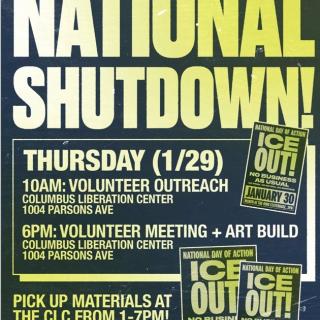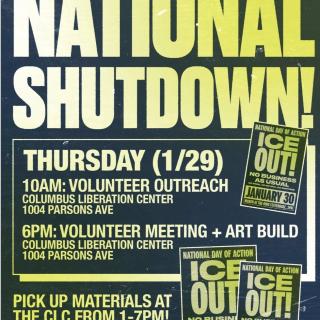What does a community herbalist do? “Many people are confused when they see my business cards. says ‘Lily Kunning, Community Herbalist.’ Some are familiar with clinical or medical herbalists and wonder if that means that I do not see clients. Actually, I was trained in a clinical herbalism program and do indeed see clients. So why do I call myself a community herbalist?”
The answer is perspective and point-of-view for Kunning. To her, community herbalism is not “less than clinical herbalism” but instead is a form of activism rooted in plant medicine – what Lily calls “the people’s medicine,” because people can grow their own treatments cheaply.
In the past, all herbalists were community herbalists, and it wasn’t until the advent of heroic and capitalist medicine that a distinction was made between clinical and community herbalists, much in the way that western philosophy emphasizes the individual and the mind over the community and the body. In the past, healers treated everyone in their community, because the health of the community ensured the health of all individuals. “We need to get back to a community-centered form of healing.” says Kunning.
“I have always been an activist and organizer, called to make the world a better place. I have worked at environmental and anti-nuclear non-profits, in worker-owned cooperative companies, and produced art and performance events and festivals to enrich my communities. When I decided to study herbalism, it was this community-mindedness that was a driving force. I wanted to help heal people and communities in the way that herbalism healed me.” continues Kunning.
It is this drive that led her to start an Herbalists Without Borders chapter here in central Ohio. Herbalists Without Borders (HWB), much like Doctors Without Borders, is a direct aid organization working to heal people internationally. Projects of HWB include people’s clinic and apothecary events, trauma trainings for practitioners, community gardens, long-term clinics for veterans, medicinal seed saving projects, and other projects that deliver health care and food justice internationally. HWB was the driving force behind medical care tents at Standing Rock, and they have 72 permanent international plant medicine clinics in high-need areas worldwide.
Here in Columbus, Lily is recruiting volunteers of all kinds – people to do outreach, make people welcome at clinic events, and holistic practitioners to staff the clinic. Clinics boast not only herbalists, but MDs, DOs, massage therapists, acupuncturists, chiropractors, energy workers, and other holistic-minded healers wanting to do good work for people in this community. If you believe in this work, HWB wants you to volunteer.
“There are so many uninsured, underinsured, and underserved people here in central Ohio.” says Kunning. “We operate on a sliding scale, with no one turned away for a lack of funds to serve everyone where they are at. Some people can give a lot, some can give nothing, and they are all treated well, given appropriate plant medicines and practical advice, some get a treatment on the spot, and resources for follow-up are given to everyone,” she continues. “All funds go back into running the organization, so we can reach more people. For example, our first clinic donations paid for our website for a year.”
Another form of her community activism is starting an annual herb gathering for Ohio. You can get more information and volunteer for that at Sassfrasohio.org. For more information about Lily and all her activism, check out lilykunning.com.
Herbalists Without Borders People's Clinic
Sunday June 23, 4:30-6:30
757 Garden Road, 2nd floor Clintonville 43214
(This building is behind Portia's Café and Savor Pint)
Sliding scale, no one turned away for lack of funds.



